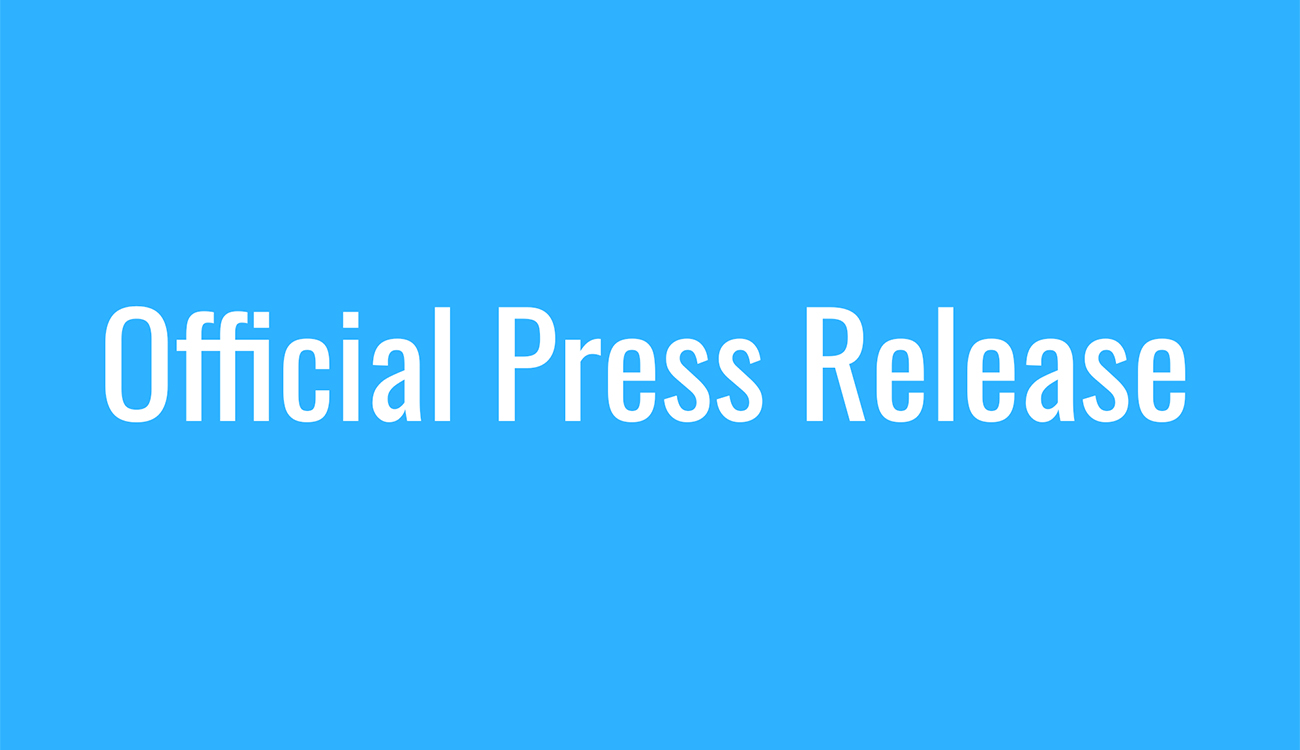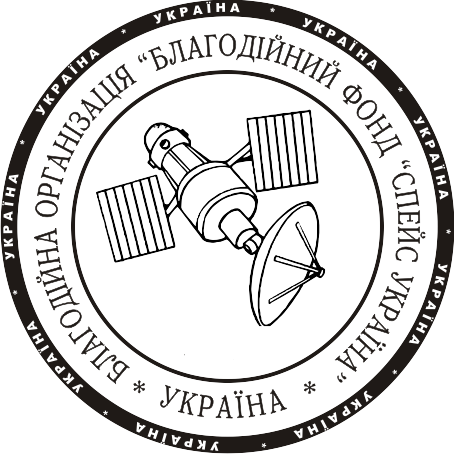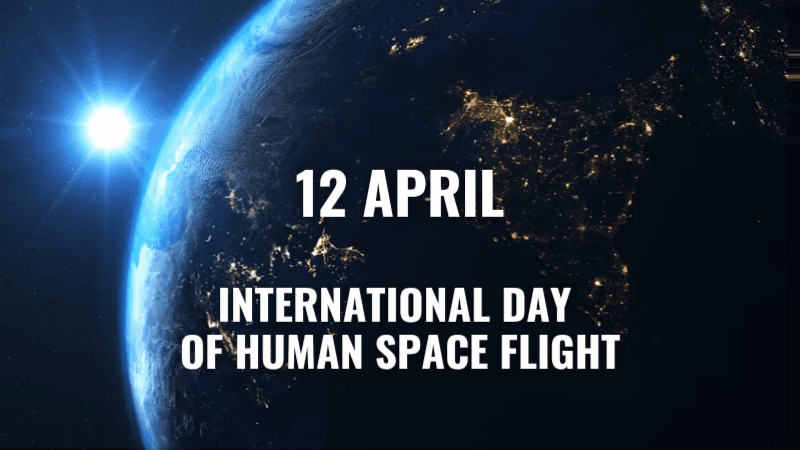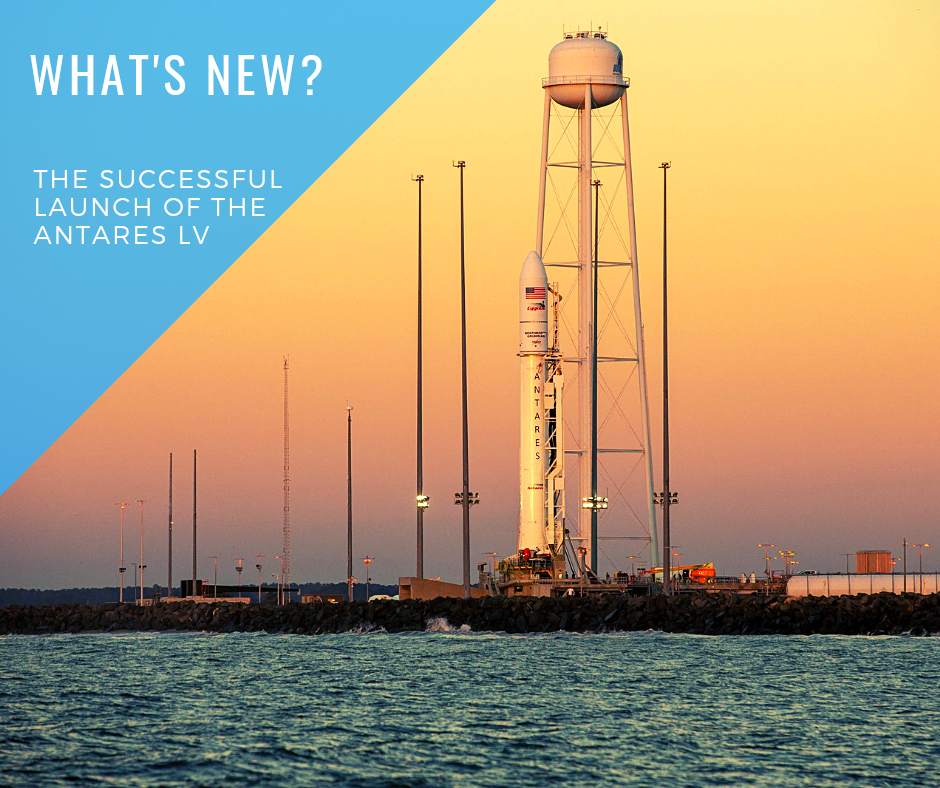The launch of the «Vega» carrier rocket, which took place yesterday, November 17, as part of the VV17 mission under the Arianspace program, was unsuccessful. At the final stage of bringing the payload into orbit, the AVUM core booster deviated from the specified trajectory, which subsequently led to the loss of control over it and the declaration of two satellites lost.
According to the official Arianspace report (bit.ly/3pFPuij), it was previously established that the incident was caused by an integration error during the installation of the engine on the AVUM core booster.
According to (bit.ly/32UCVpO) Roland Lagier, Chief Technical Officer of Arianespace, it was found that the cables leading to the traction control actuators on the upper stage were inverted during the installation of the engine on the core booster. The problem with the cable routing caused the engine to move the injector in the wrong direction in response to commands from the missile guidance system. This led to the fact that the rocket lost control immediately after starting the engine of the fourth stage of the launch vehicle. Lagier described inverted cables as a “human error” rather than a design problem.
The RD-843 sustainer rocket engine unit is manufactured at YUZHMASH under a contract with AVIO (Italy) and is supplied to the customer for further installation on the fourth stage of the Vega LV (also known as the AVUM core booster).
Thus, the cause of the incident is not a structural defect of the RD-843 sustainer rocket engine unit or a defect during its manufacture at YUZHMASH. Moreover, the attempts of some biased and unscrupulous mass media to hold YUZHMASH responsible for the accident are unfounded.
However, final conclusions have not been made yet. The Arianspace message also states that
In accordance with their standard protocols, Arianespace and the European Space Agency (ESA) will set up an independent Inquiry Commission jointly chaired by Daniel Neuenschwander, Director of Space Transport at ESA, and Stéphane Israël, Arianespace Chief Executive Officer, on November 18. The Commission will provide detailed evidence to explain why steps were not taken to identify and correct the integration error.
In connection with the incident, YUZHMASH expresses its support for Arianespace and its cooperation partners. The human factor and related failures are an integral part of our work together. The main thing is to draw the right conclusions and make all efforts to prevent such cases in the future.



